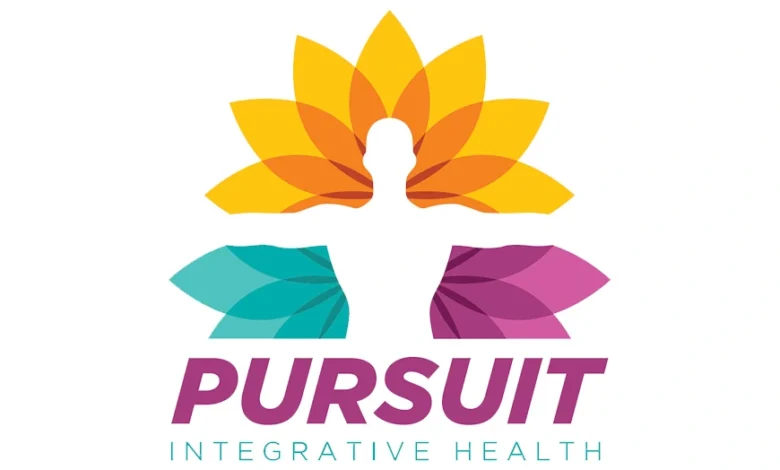The Pursuit of Health: A Comprehensive Exploration

https://hybridpedia.com/ Health is a multifaceted concept that lies at the core of human well-being. It encompasses physical, mental, and emotional aspects, intertwining with the choices we make, the environments we inhabit, and the systems that support us. In this comprehensive exploration, we delve deep into the intricate web of health, examining its dimensions, determinants, and the pursuit of a healthier life.
Defining Health
Health is often defined as a state of complete physical, mental, and social well-being, not merely the absence of disease or infirmity. This holistic definition underscores the interconnectedness of our physical, mental, and social aspects, highlighting that health is more than the absence of illness; it’s the presence of vitality and equilibrium in our lives.
Physical Health
Physical health is the most visible and tangible aspect of our well-being. It encompasses the following components:
1. Nutrition and Diet
A balanced diet provides essential nutrients for growth, energy, and repair. Proper nutrition is the cornerstone of physical health, influencing our immunity, vitality, and longevity.
2. Exercise and Fitness
Regular physical activity strengthens our muscles, bones, and cardiovascular system. It also has a profound impact on mental health, reducing stress and anxiety.
3. Sleep and Rest
Adequate sleep and rest are crucial for the body’s rejuvenation and recovery. Quality sleep is associated with improved cognitive function, emotional well-being, and overall health.
4. Preventive Care
Routine check-ups, vaccinations, and screenings are essential for early detection and prevention of diseases.
5. Hydration
Proper hydration is essential for bodily functions, from digestion to temperature regulation. Dehydration can lead to various health issues.
Mental Health
Mental health is the foundation of our emotional and psychological well-being. It includes:
1. Emotional Regulation
Emotional intelligence and the ability to manage our feelings play a significant role in mental health. Strategies like mindfulness and therapy can aid emotional regulation.
2. Stress Management
Stress is a common part of life, but chronic stress can harm mental health. Techniques like meditation and relaxation exercises can mitigate its effects.
3. Resilience
Resilience is the capacity to bounce back from adversity. Developing resilience is crucial for coping with life’s challenges.
4. Mental Disorders
Conditions like depression, anxiety, and bipolar disorder are common mental health issues. Seeking treatment and support is vital for those affected.
Social Health
Our social interactions and relationships significantly impact our well-being:
1. Social Support
A strong support system of friends and family provides emotional and practical assistance during challenging times.
2. Community Engagement
Being part of a community or social group fosters a sense of belonging and purpose.
3. Communication Skills
Effective communication enhances our relationships and reduces misunderstandings and conflicts.
Determinants of Health
Various factors influence our health, including:
1. Genetics
Our genetic makeup can predispose us to certain health conditions. Genetic testing and counseling can provide insights into our genetic risks.
2. Environment
Our physical environment, including air and water quality, access to green spaces, and exposure to toxins, affects our health.
3. Lifestyle Choices
The choices we make, such as smoking, alcohol consumption, and diet, have a profound impact on our health.
4. Socioeconomic Status
Income, education, and access to healthcare services play a significant role in health outcomes.
5. Healthcare System
The quality and accessibility of healthcare services influence our ability to receive timely and appropriate care.
The Pursuit of Health
The pursuit of health is a lifelong journey characterized by conscious choices and continuous learning:
1. Self-Care
Prioritizing self-care involves adopting healthy habits, managing stress, and seeking help when needed.
2. Preventive Measures
Regular check-ups, screenings, and vaccinations can prevent or detect health issues early.
3. Education and Awareness
Being informed about health matters empowers individuals to make informed decisions about their well-being.
4. Holistic Approach
Taking a holistic approach to health means addressing physical, mental, and social aspects simultaneously.
Challenges in Health
Despite advances in healthcare, numerous challenges persist:
1. Health Inequities
Disparities in health outcomes exist based on race, income, and access to healthcare, highlighting the need for health equity initiatives.
2. Mental Health Stigma
Stigma surrounding mental health issues can deter individuals from seeking help, despite the prevalence of these conditions.
3. Lifestyle Diseases
Non-communicable diseases like heart disease and diabetes are on the rise due to sedentary lifestyles and poor dietary choices.
4. Global Health Threats
Pandemics, like the COVID-19 crisis, underscore the importance of global health preparedness and cooperation.
Conclusion
Health is a complex and dynamic state that encompasses our physical, mental, and social well-being. It is influenced by numerous factors, from genetics to lifestyle choices and the healthcare system. The pursuit of health is a lifelong journey that requires self-care, prevention, and a holistic approach. As we navigate the challenges and opportunities of the modern world, our collective efforts to prioritize and improve health are essential for a brighter, healthier future.





